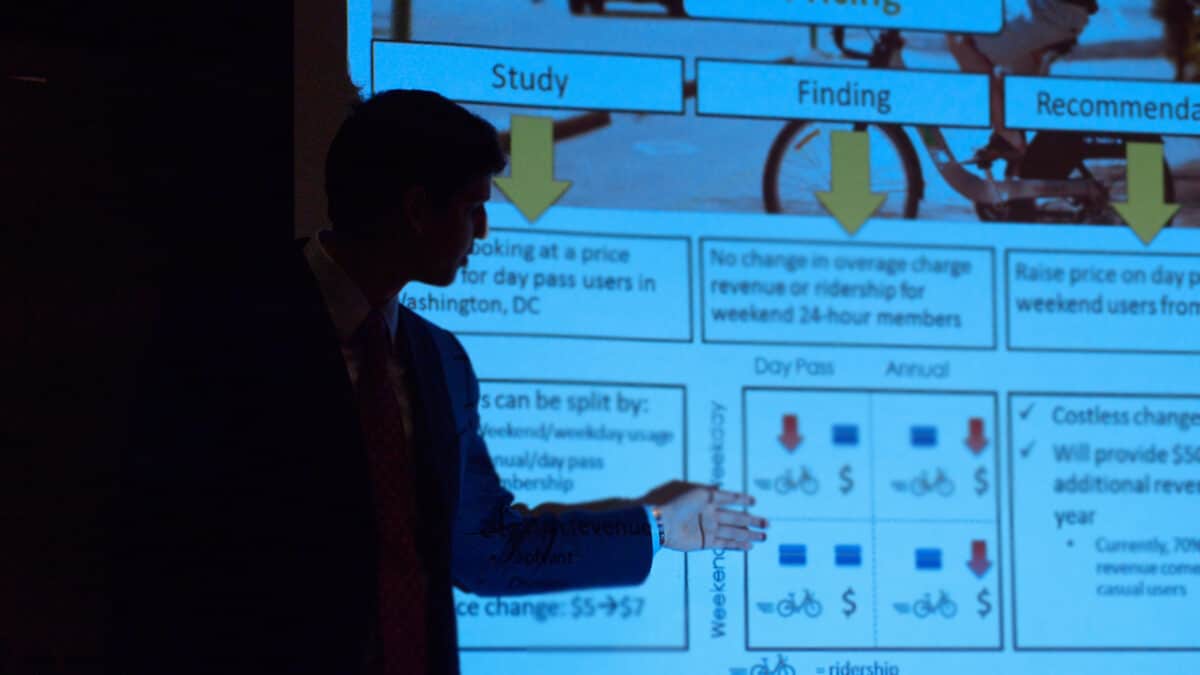
Healthcare
What should government’s role be in providing healthcare? How do politics affect health policymaking? How can we lower the costs of healthcare in the United States?
Latest Article

Advancing Inclusive Eye Care Policies in Pakistan: An Interview with Sumrana Yasmin
Harvard Medical and Business School student Azeb Yirga interviews Sumrana Yasmin, Deputy Director of Eye Health for Sightsavers, about advancing inclusive eye care policies in Pakistan.Explore all Articles
filter by–Region
filter by–Country
search by–Keyword
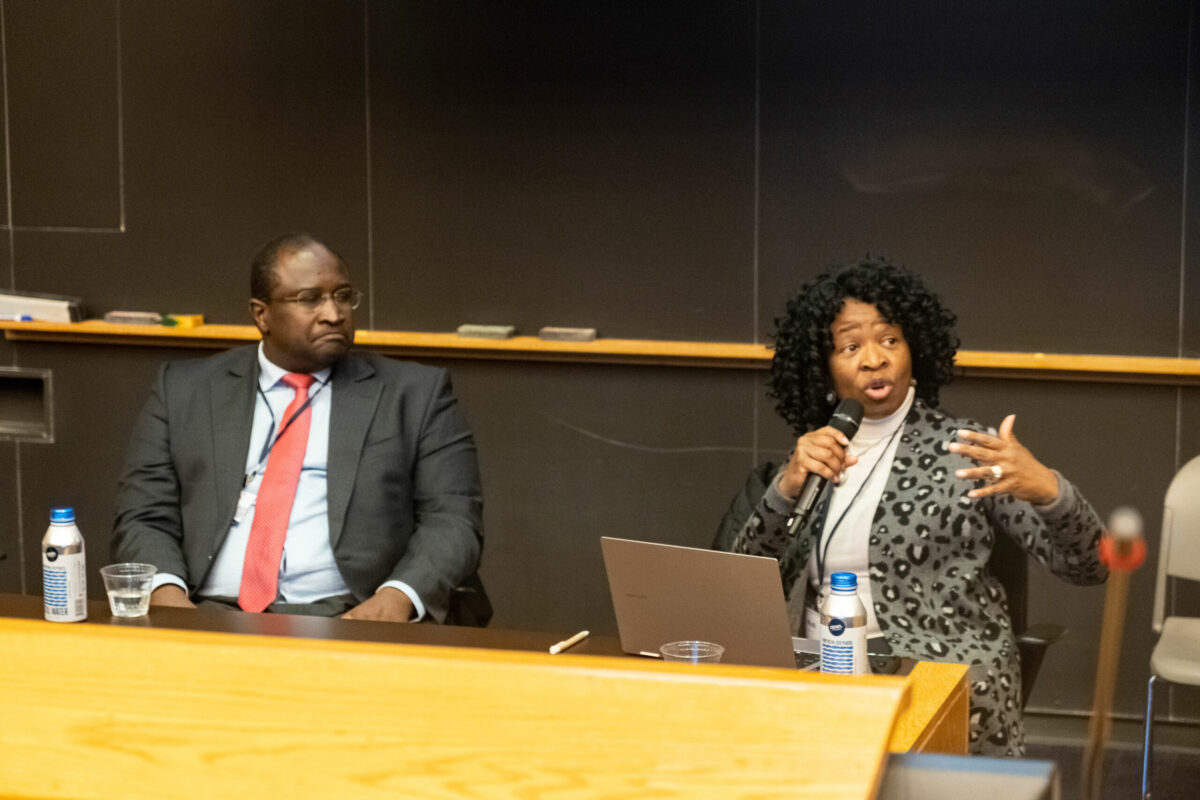
African health conference sparks conversation on healthcare development in Africa
02.23.23
The Harvard Chan School of Public Health recently hosted the first-ever Africa Health Conference from February 18th to 19th, 2023, bringing together students, faculty, activists, global health leaders, and a community of scholars. Organized by the Harvard Chan Africa Health Students Forum, the conference aimed to celebrate successes in healthcare across the continent while also […]

The green domino effect: the global impact of the feminist mobilizations for sexual and reproductive rights in Latin America
02.15.23
In the last decade, we have witnessed worldwide policy and law changes regarding sexual and reproductive rights. In some countries, such as the United States, federal and state-level legal decisions evidence a withdrawal of gender equality policies[i] regarding sexual and reproductive autonomy. At the same time, contentious politics and legal efforts have led to their […]
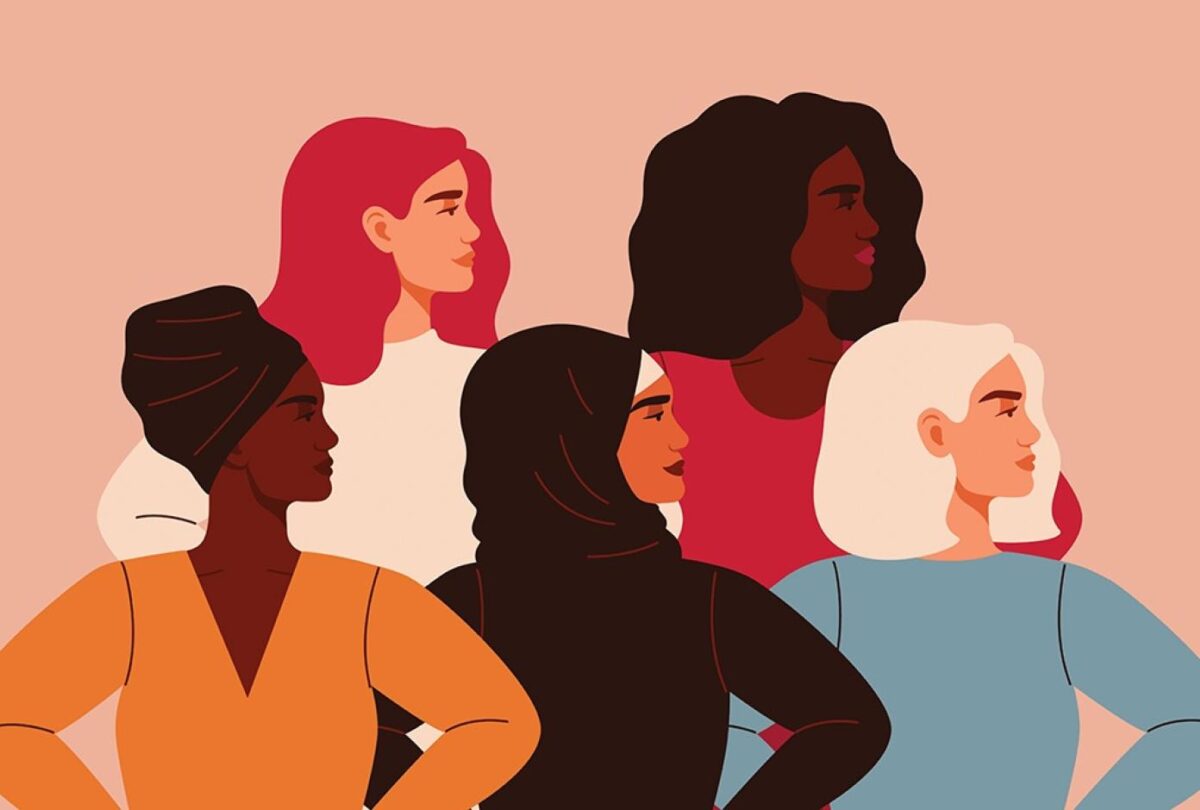
Voting will Not Save You: Why the American Left Needs to Re-learn how to Protest to Protect the Future of Abortion Rights
02.15.23
Two years after the start of the Arab Spring in 2011, I moved from the Middle East to the United States for college. I left having seen with my own eyes the power of people coming together, regardless of socio-economic or religious background, to challenge entrenched power structures and demand greater political rights. There is […]

Argentina’s Road Towards the Right to Choose
02.8.23
Argentina has a long tradition of women mobilizing for their own rights, human rights, and justice in their country. The 30-year-old struggle for abortion rights in Argentina was paved by local women’s organizations and by a constant persistence in guaranteeing women’s right to choose. Getting there was not a coincidence nor just luck. It took […]
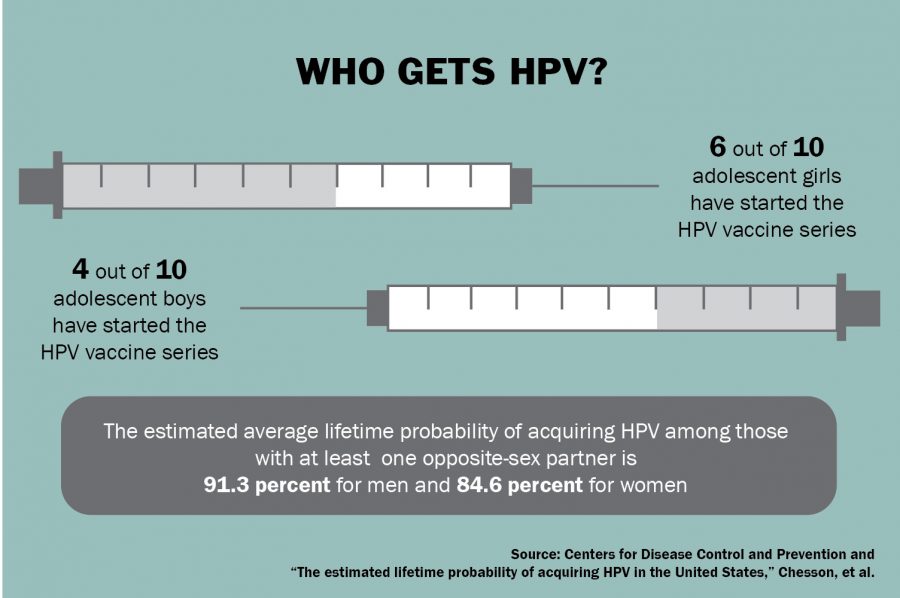
HPV is Not Just a “Women’s Disease”: Men Should get Vaccinated too
11.1.22
HPV has traditionally been framed as a disease that largely affects females, but should males get vaccinated as well? Ng Qi Siang argues that gender-neutral vaccination is more effective than female-only vaccination in terms of cost-efficiency and containing viral spread. He proposes that the government reframe HPV as a disease that affects all genders and move towards a gender-neutral HPV vaccination policy in the near future.

Dr. Paul Farmer: “He felt most alive helping people”
10.4.22
Cover photo courtesy of UGHE Editor’s Note: The late Dr. Paul Farmer and his colleagues pioneered novel, community-based treatment strategies that demonstrate the delivery of high-quality health care in resource-poor settings. Dr. Farmer died on February 21, 2022, in Butero, Rwanda, where he was teaching at the University of Global Health Equity (UGHE). In this piece, […]

Accelerating the case for women’s empowerment – Marina Diboma
09.9.22
We know that the most effective policy for sustainable development is investing in empowering women and girls. We have the evidence about their impact on families, communities, industries and nations. Any efforts to overcome the COVID-19 pandemic needs to ensure and enhance their empowerment, including especially their sexual and reproductive health and rights, social protection […]

The War on Drugs and Violence in Latin America: Time to Hit Reset
07.28.22
Note: This article is featured in the Kennedy School Review’s 2022 print journal. The War on Drugs and Violence in Latin America: Time to Hit Reset Latin America is the most violent region in the world, with only 8 percent of the global population accounting for 38 percent of the global share of murder. That […]

Menstrual Equity in US Prisons and Jails: A Gender-Based Analysis and Policy Responses
07.18.22
Summary Across the United States, many incarcerated people have inadequate access to menstrual products. Because policies that surround requiring access to menstrual products vary from state to state, incarcerated menstruators are denied “menstrual equity,” or sufficient access to menstrual products regardless of their circumstances.[1] One reason for the lack of inclusive policies regarding menstruation is […]

Expanding Postpartum Medicaid Coverage: A Racial and Gender Justice Imperative
07.11.22
American society was not built for birthing people to thrive—or at times even to survive. The United States lacks paid parental leave and universal childcare policies and has the highest rate of maternal mortality among all industrialized countries. There are stark racial disparities in the maternal mortality rate in the United States: Black mothers die […]

COVID-19 Policy-making Failed U.S. Workers: Labor organizing can deliver where legislators have stalled
07.5.22
The pandemic prompted many to think about how work shapes our own lives. It also highlighted how reliant we all are on the labor of others. While higher paid workers transitioned to remote work, others had little choice but to continue going to their jobs in person. These workers exposed themselves and their families to […]
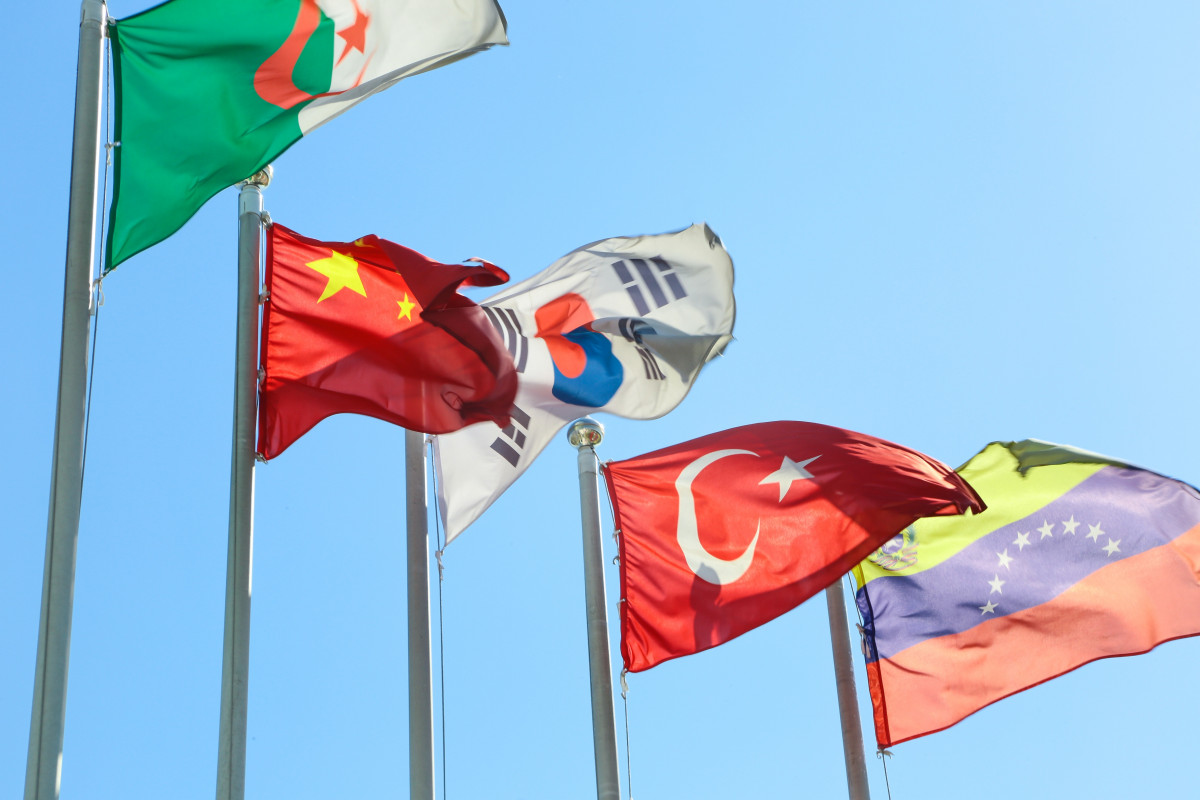
Intent to Destroy: Reproductive Violence against Uyghurs as a Weapon of Genocide in China
07.5.22
Background China is a multi-ethnic country comprising 56 ethnic groups, with the predominant religion being Buddhism. The Han ethnic majority group represents 91.5 percent of the population, while 55 ethnic minority groups account for 8.5 percent.[i] Uyghur Muslims represent 0.31 percent of China’s population. The Xinjiang Uyghur Autonomous Region, located in China’s northwest, is the […]
